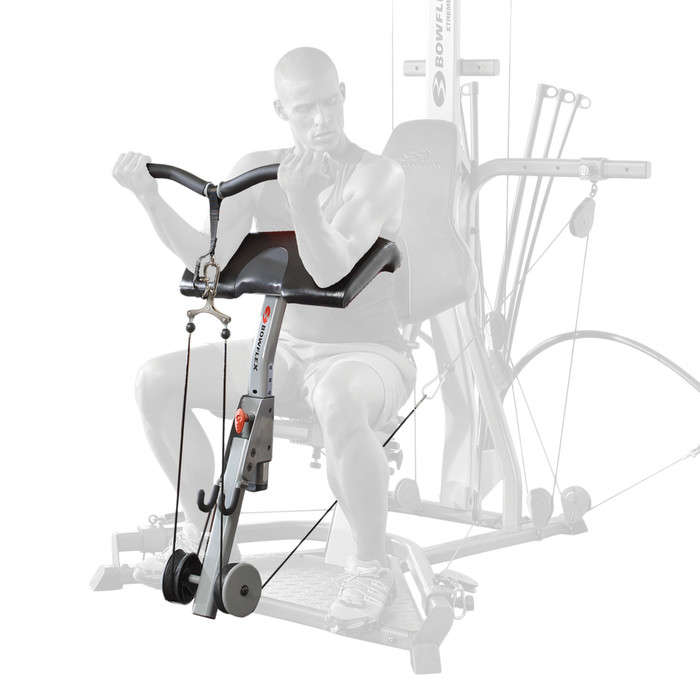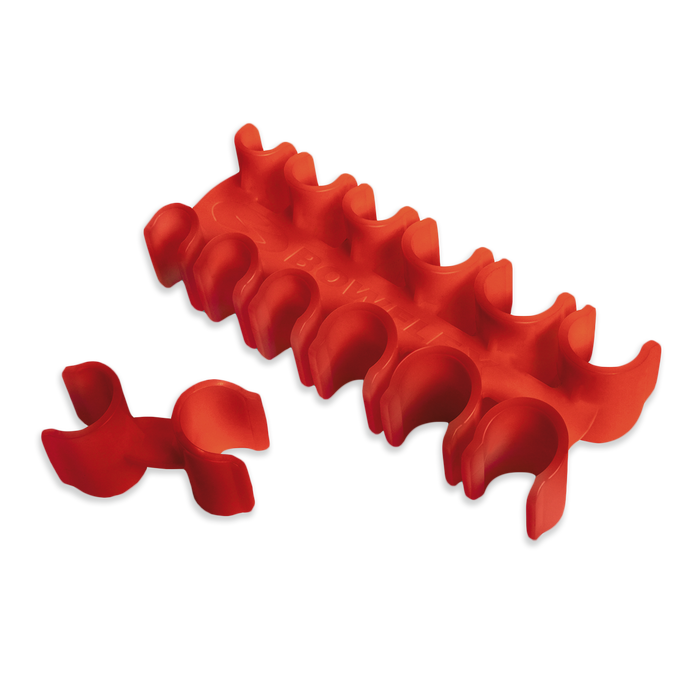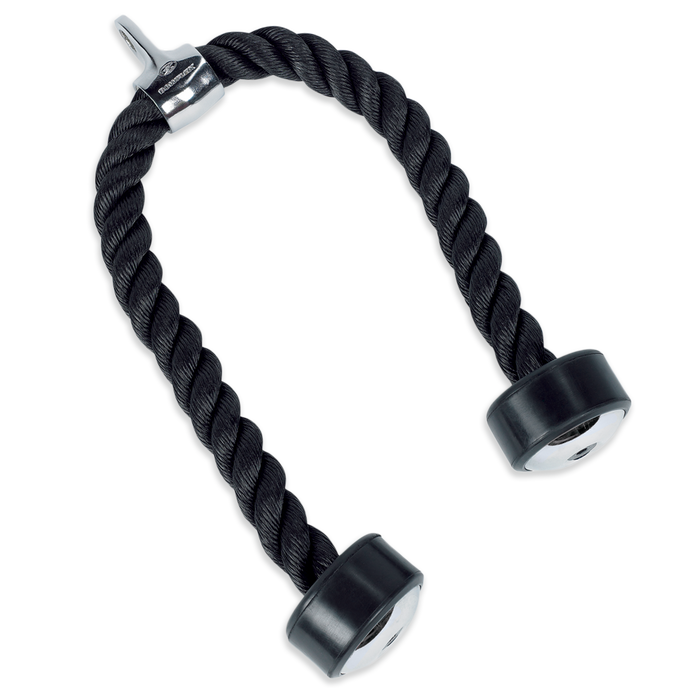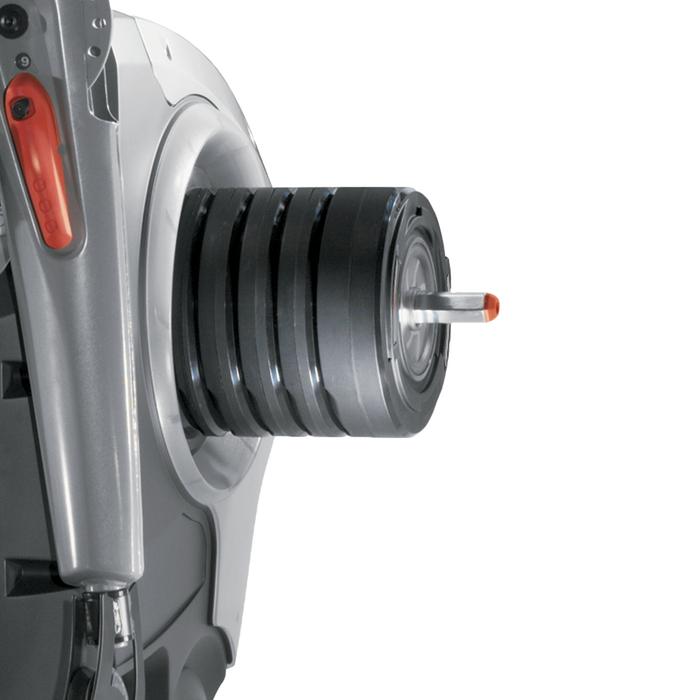Combating Seasonal Affective Disorder

The Farmers’ Almanac recently released its extended forecast for the 2020-2021 season, which shows this upcoming winter will be cold and snowy for much of the country.
Considering the 2021 weather predictions and the current pandemic, combatting seasonal affective disorder (SAD) – a type of depression characterized by the changing of seasons and brought on by less sunlight – will be even more challenging.
While the combination of events may make us feel unmotivated, "down" and unproductive, it’s important to seek positivity and find solutions. The first step is acknowledging what you are feeling and proactively explore solutions for your emotional wellbeing and happiness.
Below are a few suggestions to help you take the reins of your health this season:
Light Therapy: Given the lack of sunlight outside, you can be proactive and “make your own.” According to a 2009 study by researchers from the University of Maryland, about 20 to 60 minutes of exposure to 10,000 lux of cool-white fluorescent light can be associated with a significant improvement in mood.
Create a Schedule: It’s important for our mental health to maintain a sense of normalcy and that can begin with establishing a schedule. Start work at 8 a.m.? Get up at 7 a.m. to have virtual coffee with your family, or practice yoga. Keep yourself busy by penciling in your daily activities!
Indoor Hobbies: Whether it’s candle making, cooking or scrapbooking – find a new hobby and make time to do it each day. Start by changing your outlook. Now is an ideal opportunity to work on something you’ve been interested in but may have been putting off, or learn something new.
Work Out: We all know the benefits of working out has on our body, mind and immunity – that’s why it’s more important than ever to find creative solutions for working out from home. If you need inspiration, look no further than this no-equipment HIIT workout.
Practice Mindfulness: Our reality is only temporary. If you find your mind drifting to stressful thoughts or anxious worries, re-center yourself by writing down what makes you thankful every day or what you are looking forward to. By doing this, you remind yourself of the good to come out of your day and shift your energy to something positive.
Ultimately, now more than ever it is important to be kind to yourself, eat healthy, stay active, call your loved ones, and get enough sleep.
However, the first step to treating SAD starts with seeking professional mental health treatment, if needed.
You may also like
Circadian Rhythms: Understanding What Makes Us Tick





























